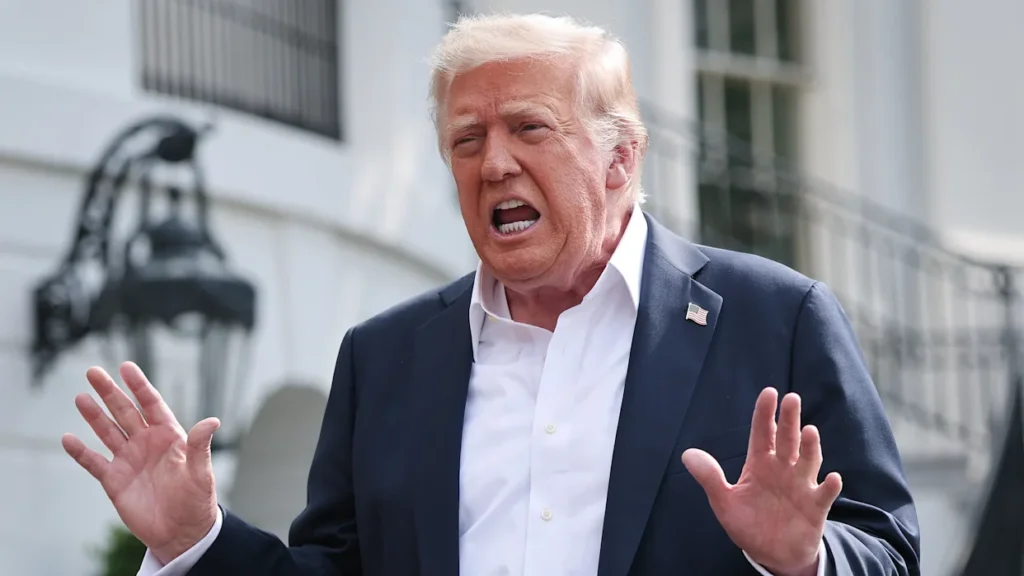Culture Secretary Lisa Nandy was set to make a statement in the House of Commons as pressure mounted on the century-old institution. Critics are demanding sweeping reforms, while supporters insist the government must shield the BBC from political pressure during one of its most turbulent periods.
Outgoing Director-General Tim Davie, who resigned on Sunday amid the fallout, urged staff to defend the corporation’s credibility despite recent missteps.
In his internal message, Davie admitted the BBC “made some mistakes that have cost us,” but said he remained “fiercely proud” of the organization and emphasized its enduring mission. “We’ve got to fight for our journalism,” he said.
A legal showdown looms
The dispute centres on a documentary aired last year, “Trump: A Second Chance?”, which included a heavily edited sequence of Trump’s speech from January 6, 2021. The edit spliced together three separate quotes, creating the impression that Trump directly urged supporters to march with him and “fight like hell,” omitting a portion where he called for peaceful demonstration.
The BBC has since apologized for the misleading edit, acknowledging it gave “the impression of a direct call for violent action.”
Trump’s lawyer, Alejandro Brito, has issued a formal demand for retraction, apology and compensation, warning the broadcaster to respond by Friday or face a $1 billion lawsuit.
Leadership shake-up intensifies scrutiny
The controversy has already claimed senior figures. In addition to Davie’s resignation, head of news Deborah Turness also stepped down, with both departures described internally as responses to an “error of judgment.”
BBC chairman Samir Shah said the corporation accepts accountability and vows to correct the record as swiftly as possible.
Political tensions and trust in public broadcasting
The BBC remains under intense scrutiny in a polarized political landscape. Funded through an annual £174.50 license fee, it has long faced accusations of bias from opposite ends of the political spectrum.
Governments of both left and right have been criticized for attempting to influence the broadcaster, which is governed by a mixed board of internal nominees and government appointees.
Despite current controversy, the Labor government has signaled support for the institution, urging accuracy and transparency while avoiding direct criticism of Trump.
Local government minister Alison McGovern highlighted the broadcaster’s enduring public confidence. “If you look at the levels of trust people have in the BBC, it’s extraordinarily high,” she said, noting that a swift correction is necessary to preserve credibility.
As the week unfolds, the broadcaster faces mounting pressure from political leaders at home and legal threats abroad — a combination that places the BBC at the center of an international media storm.


